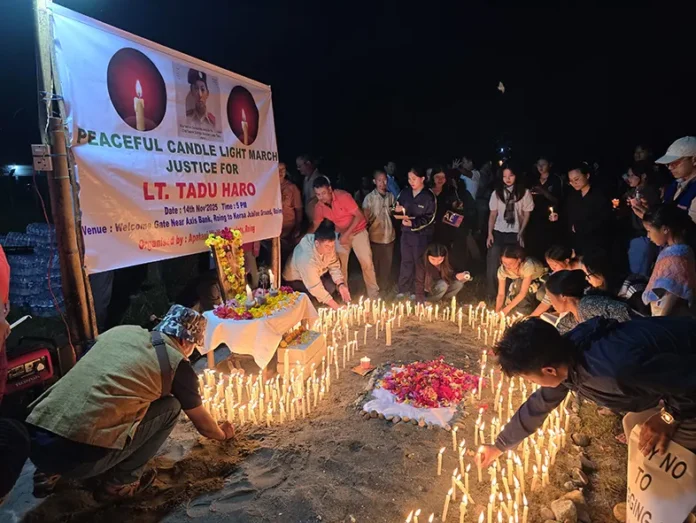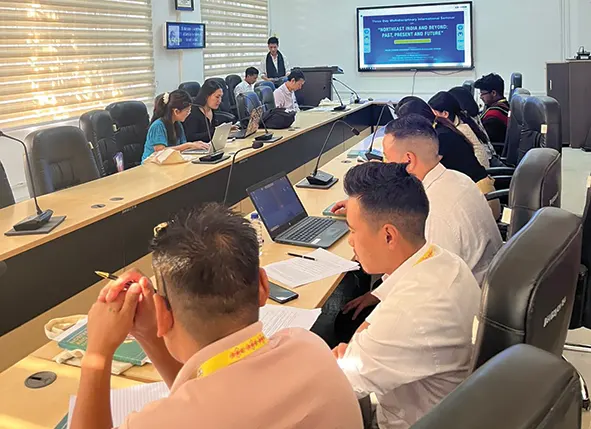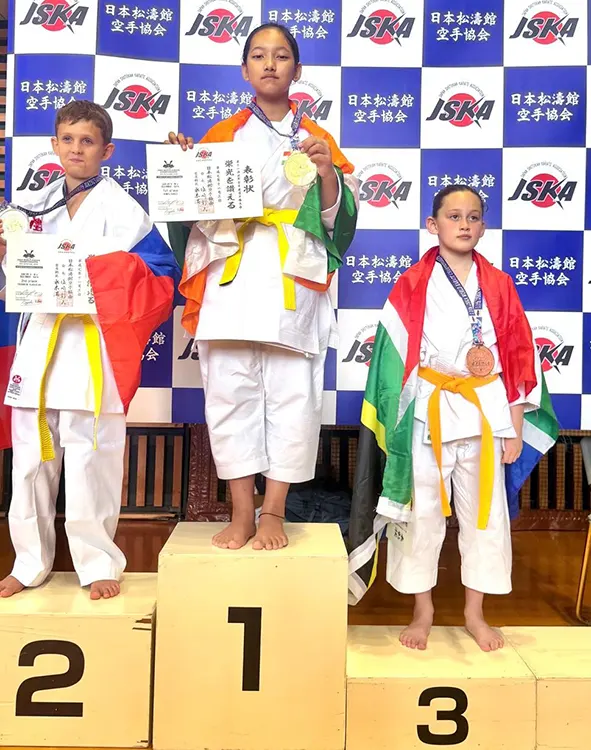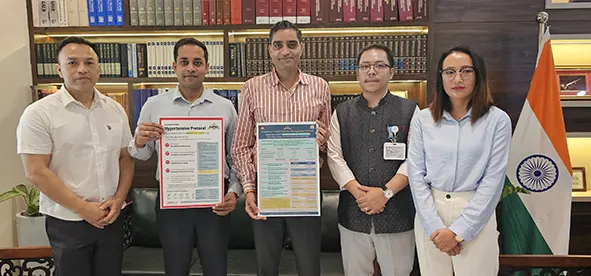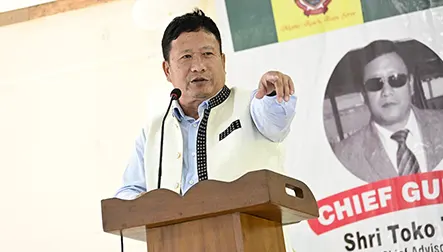[ Bengia Ajum ]
ITANAGAR, 14 Nov: A new high-powered committee (HPC) chairman has been appointed by the state government to examine the draft rules framed for the Arunachal Pradesh Freedom of Religion Act (APFRA), 1978.
The committee will now be headed by retired justice Brojendra Prasad Katakey, a former judge of the Gauhati High Court, who has been appointed as the chairman of the committee.
Earlier, Home Minister Mama Natung was the chairman of the committee. The members of the committee include Law Minister Kento Jini, Urban Affairs Minister Balo Raja, adviser to PWD minister Honchun Ngandam, Law & Justice Additional Secretary Ginjum Bomjen, ACF president Tarh Miri, IFCSAP president Dr Emi Rumi, Monpa Mimang Tsogpa president Dorjee Phuntso, Tai Khamti Development Society president CS Chautang, Arunachal Vikas Parishad president Techi Gubin, Vishwa Hindu Parishad Arunachal Pradesh unit general secretary Tadar Bingle, and Indigenous Affairs Secretary Pige Ligu.
The committee has been tasked to examine the draft of the Arunachal Pradesh Freedom of Religion Rules, 1978, in light of the high court’s directives and constitutional provisions. The committee will also recommend necessary changes to ensure that the rules are consistent with the Constitution and judicial directions, and consult departments or experts concerned as needed.
Further, the committee has been directed to submit its report with recommendations to the government as early as possible to meet the high court’s deadline.
In September 2024, two judges of the Gauhati High Court (Itanagar Bench) ordered the state government to finalise the draft rules of the Act within six months while closing a public interest litigation on the matter. The order was passed based on a PIL filed by advocate Tambo Tamin.
The Arunachal Christian Forum (ACF) has been calling for the scrapping of this Act, alleging that it targets the Christian believers. The ACF has opposed the “content and intent” of the Act, which it claimshas many ambiguities that “abridge the fundamental rights of the Christian community guaranteed under Article 25 of the Constitution of India.”
It added that by constituting an HPC to examine the draft rules of the APFRA, the state government is undermining its demand for the scrapping of the Act.
On the other hand, the Indigenous Faith and Cultural Society of Arunachal Pradesh (IFCSAP) has been urging the state government to frame the rules at the earliest and implement this Act.
Earlier, the Congress party in the state also questioned the manner in which the HPC was constituted. The party questioned why its lone MLA Kumar Waii was not included in the HPC.

